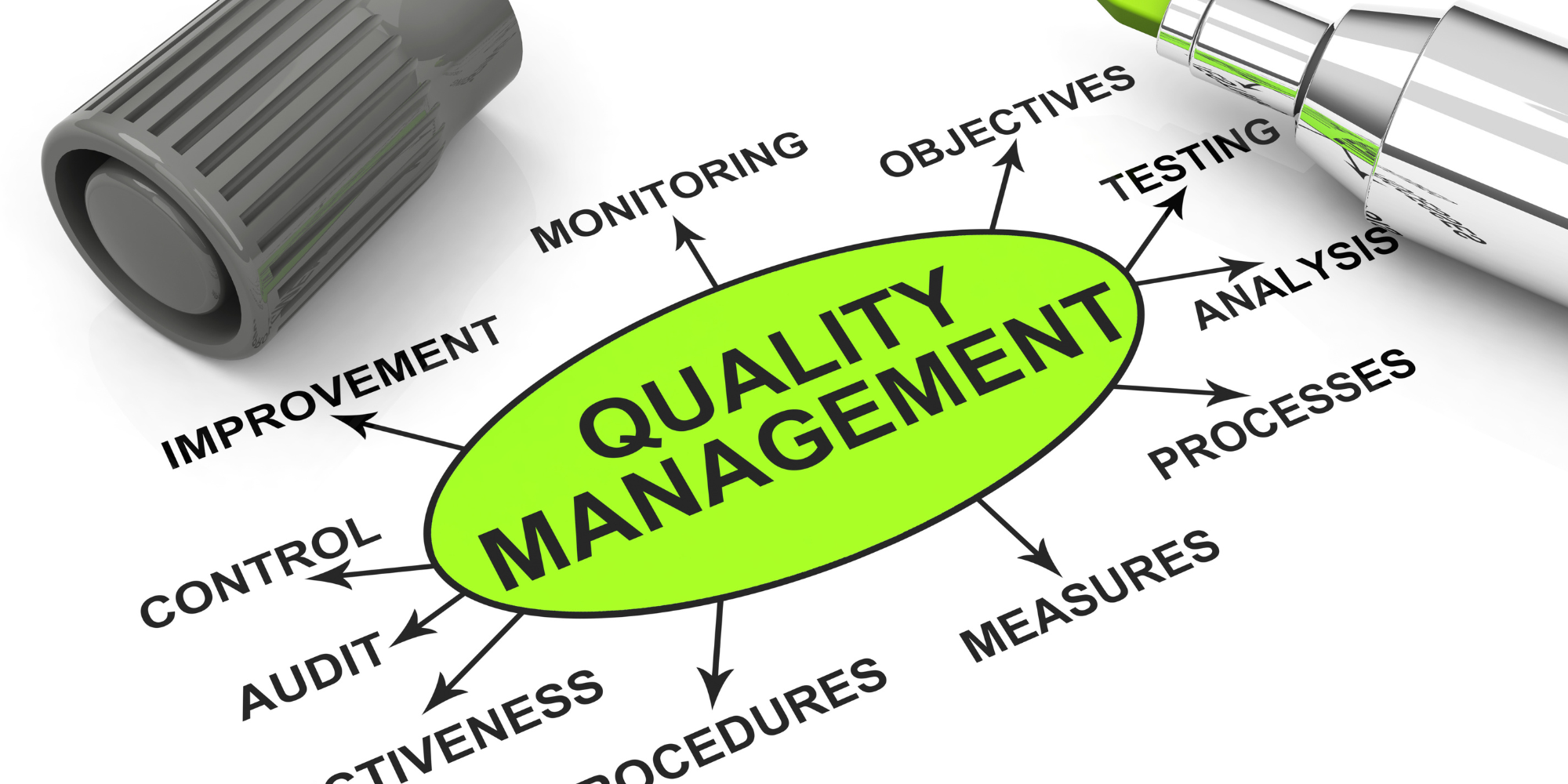4 Steps To Create an Efficient Quality Control Plan: QMS Series Part 2 of 4
Diving deeper into Total Quality Management, it’s important to establish appropriate quality control procedures. These procedures depend on the specific product, evaluating its quality through function and performance. Quality control procedures are a vital function that allows businesses to set the standard for development, establishing quality testing guidelines and product specifications based on expected performance.

July 6, 2023
Be a Team: Engage Everyone
Ideally, it’s important to include all stakeholders in the creation and execution of a quality control plan. Having an opportunity to involve everyone, (i.e. your customers, suppliers, project managers, engineers, and quality assurance) in creating a unique quality control plan for a particular project is optimal. Collaboration and decision-making amongst these parties encourage teamwork, build alliance, and support a customer partnership through the actions of sharing ideas, increasing transparent communication, and the understanding that revisions and changes are always a possibility as you work to solidify a seamless plan.

Step 1: Determine Appropriate Quality Standards
Based on industry standards, requirements by law, and customer expectations, selecting the most critical components for product testing is crucial. Identifying these regulations is a significant aspect of this step. As a reminder, this is the initial step in brainstorming to gather as much information pertaining to this product. Once these particulars are collected, ciphering through and distinguishing the most pertinent information moves us into the subsequent quality control step; organizing the plan.
Step 2: Establish a Quality Control Plan
Setting clear, explicit expectations of your product’s functionality and performance not only assists in developing your product’s quality control plan but also provides appropriate specifications for the final product. Creating an efficient plan that monitors the production process of development while ensuring both technical and quality standards are being met to meet your customer’s expectations are two critical components of the quality process.
Once the plan is written, these steps and processes are reviewed by each stakeholder for a final review before heading to step 3, the execution of the said plan.
Step 3: Perform Quality Control According to Plan & Evaluate
It’s time to put words into action! Once the decision-making team has agreed upon a quality plan for your product, it’s time to monitor and observe whether the production process and product testing specifications empower the product to function as anticipated. This step aims to figure out how to minimize errors and reduce the potential for production delays, all while building and maintaining customer relations and exceeding their expectations.
Following the production of your sample product, it’s time to assess samples randomly. A certified quality team will validate the effectiveness of your Quality Control Plan, inspect your product, and evaluate whether or not your product is functional and within its appropriate product specifications. This process requires flexibility and the ability to revise product specifications to achieve proper appearance and function, leading us to step 4.
Step 4: Make Necessary Adjustments to “QCP” to Ensure Efficiency
It will be challenging, but quality management aims to achieve a desired quality product consistently. In this step, we’re working towards minimal adjustments to our established quality control plan, which will provide us with a high-quality product that will be maintained throughout its production.
Whether adjusting product specifications or identifying flaws within the production process, minimizing errors and decreasing the odds of defective products is the ultimate goal.

Why Should Your Business Use HBI’s Quality Management Team?
Our team continues to develop robust and unique quality control plans; each one catered to your specific product. HBI’s quality team is highly certified, conducting in-person audits, product inspections, and supplier assessments to ensure your product is produced within its industry’s specific safety guidelines and to your customer’s satisfaction. From start to finish, our team works closely with all stakeholders to ensure your cost remains competitive, production is efficient, and a quality product that will exceed expectations is produced.
If you’re interested in working with our team, complete the form below!





